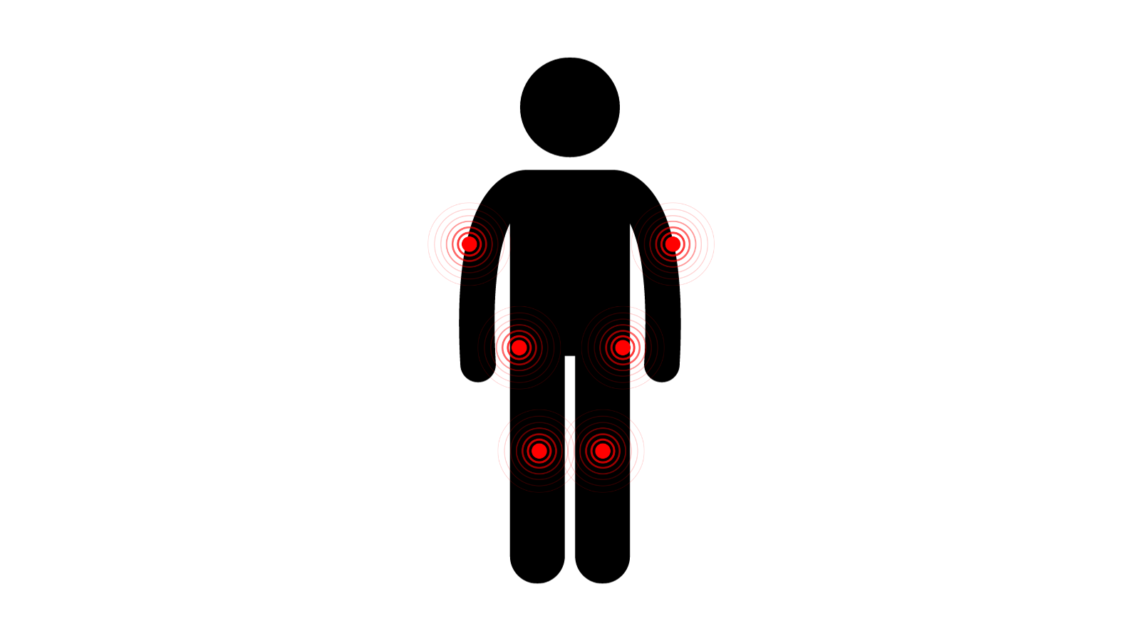Health
-
Osteoporosis
Osteoporosis is a medical condition that progressively weakens bones, making them fragile and more susceptible to fractures. It is a global health issue, particularly in countries like Canada where the population is aging. Understanding osteoporosis requires an exploration of various facets including its causes, symptoms, diagnostic procedures, treatment options, and preventive measures. The Underlying Causes and Risk Factors At the heart of osteoporosis lies a disruption in the bone remodeling process. Bones are dynamic structures, constantly being broken down and rebuilt. Osteoporosis occurs when the creation of new bone doesn’t keep up with the removal of old bone. This imbalance leads to bones becoming less dense and more porous, and…
-
Easing Eczema in the Winter
Eczema, also known as atopic dermatitis, is a common skin condition marked by itchy, inflamed, and often red patches of skin. As the chilly winter months approach, many Canadians find themselves struggling with exacerbated symptoms of eczema. Understanding why eczema flares up in winter and adopting appropriate strategies can significantly improve one’s quality of life during these colder months. Understanding Eczema and Its Winter Woes Eczema is a chronic condition affecting the skin. It’s characterized by dry, itchy skin and rashes on various parts of the body. The exact cause of eczema remains unknown, but it’s believed to involve a combination of genetic and environmental factors. The condition is often…
-
Crohn’s and Colitis
Crohn’s disease and colitis, often grouped under the umbrella term ‘inflammatory bowel diseases’ (IBD), represent a significant challenge in the field of gastroenterology. Despite their prevalence and impact, misconceptions and uncertainties about these conditions persist. This article aims to demystify Crohn’s and colitis, delving into their pathophysiology, symptoms, diagnosis, treatment, and the lived experiences of those affected. At the core, Crohn’s disease and Colitis are chronic conditions characterized by inflammation of the gastrointestinal (GI) tract. However, they exhibit distinct patterns of inflammation and affected areas. Crohn’s disease can affect any part of the GI tract, from mouth to anus, but commonly targets the end of the small intestine and the…
-
Understanding Ovarian Cancer
In the landscape of women’s health, ovarian cancer stands as a silent yet significant threat. Marked by its subtle onset and often elusive symptoms, this form of cancer poses a unique challenge for both patients and healthcare providers. As we approach the end of the year, it is estimated that around 3,100 Canadian women will have been diagnosed with ovarian cancer, highlighting its prevalence and the critical need for awareness and early detection strategies. Understanding Ovarian Cancer Ovarian cancer begins in the ovaries, which are part of the female reproductive system and are responsible for producing eggs, as well as estrogen and progesterone hormones. The complexity of this cancer lies…
-
The Science of Movement
Kinesiology, a multifaceted field of study, delves into the science of human movement, offering valuable insights into how our bodies function and interact with their environment. As a healthcare discipline, it extends beyond mere physical education, encompassing various aspects of health, wellness, rehabilitation, and performance enhancement. At its core, kinesiology is grounded in the study of biomechanics, physiology, anatomy, and psychology. These foundational elements provide a comprehensive understanding of how muscles, bones, and joints work in concert to facilitate movement. Biomechanics, for instance, explores the mechanics of human motion, analyzing how forces impact the body during different activities. Physiological aspects consider the body’s response and adaptations to physical activity, including…
-
Children’s Health
Children, the most vulnerable and yet the most resilient members of our society, can present with unique health challenges and needs. This article delves into the multifaceted world of children’s health, addressing common issues affecting their physical, mental, and developmental well-being, with a focus on the Canadian context. The Spectrum of Infectious Diseases in Children Children’s developing immune systems often make them susceptible to a variety of infectious diseases. From the common cold to more serious illnesses like measles, the array of infections that children encounter is broad. The role of vaccinations in this setting is irreplaceable. In Canada, the immunization schedule is designed to offer protection against a plethora…
-
Enteropathic Arthritis
Enteropathic arthritis, a form of chronic, inflammatory arthritis associated with inflammatory bowel disease (IBD), affects a significant portion of individuals dealing with conditions like Crohn’s disease and ulcerative colitis. This article aims to provide a comprehensive understanding of enteropathic arthritis, delving into its causes, symptoms, diagnosis, and treatment strategies, with a focus on Canadian healthcare perspectives. Understanding Enteropathic Arthritis A. Definition and Association with IBD Enteropathic arthritis falls under the umbrella of spondyloarthritis, a group of inflammatory rheumatic diseases. It primarily affects the joints, but its connection to IBD indicates a complex interplay between the gut and the immune system. B. Prevalence Statistics from Canadian healthcare databases suggest that a…
-
World Prematurity Day
Each year, on November 17th, we mark World Prematurity Day, a pivotal occasion dedicated to raising awareness about preterm birth and the concerns surrounding the health, well-being, and future of premature babies. It’s a day that unites healthcare professionals, parents, and communities in reflecting on the challenges faced by infants born too soon and in advocating for advancements in neonatal care. The Scope of Prematurity in Canada In the expanse of Canadian healthcare, prematurity remains a pressing concern, with approximately 30,000 babies making an early entrance each year. These infants are born before completing the standard 37 weeks of gestation, and their premature start to life comes with a myriad…
-
Antibiotic Awareness
In the ever-evolving journey of modern medicine, antibiotics have emerged as both a beacon of hope and a subject of intense scrutiny. As we delve into the complexities of their application, it becomes crucial to understand the dichotomy of their usage — discerning precisely when these potent medications are required and when restraint must be exercised. The discovery of antibiotics, heralded by Alexander Fleming’s serendipitous encounter with penicillin in 1928, revolutionized the medical field. These drugs are specifically designed to combat bacterial infections, either by killing bacteria or inhibiting their growth. The success of antibiotics in treating a plethora of bacterial diseases is indisputable. From life-threatening conditions such as sepsis…
-
World Diabetes Day
World Diabetes Day, observed on November 14th, stands as a testament to the collective will to combat a pervasive and escalating global health crisis. As we recognize this day, it is imperative to absorb and address the sobering statistic that 1 in 10 adults worldwide are now living with diabetes. This figure isn’t just a number—it’s a mosaic of individual stories, families, and communities grappling with the implications of a chronic condition that knows no borders. Type 2 diabetes, representing over 90% of these cases, is often termed a lifestyle disease, precipitated by factors such as obesity, insufficient physical activity, and poor diet. Unlike type 1 diabetes, which is primarily…









